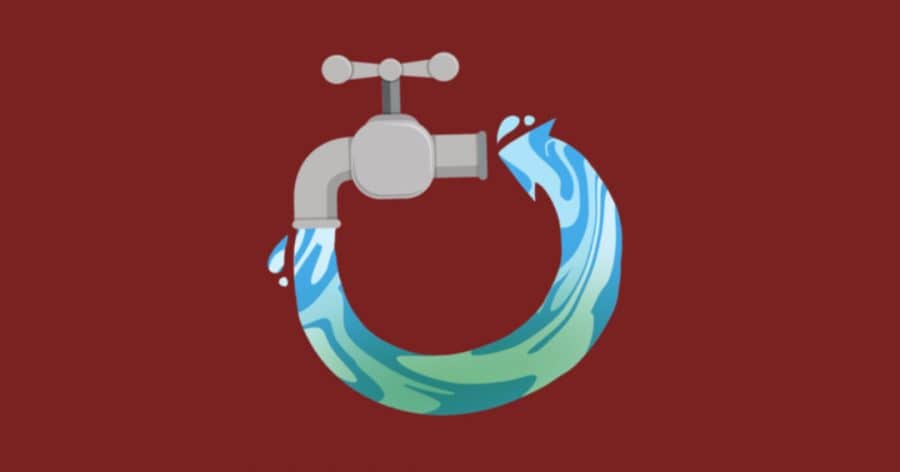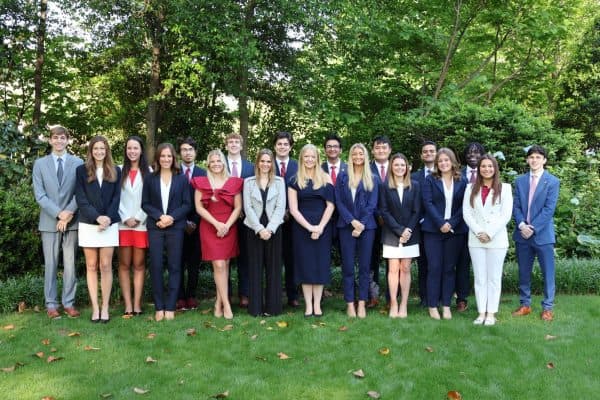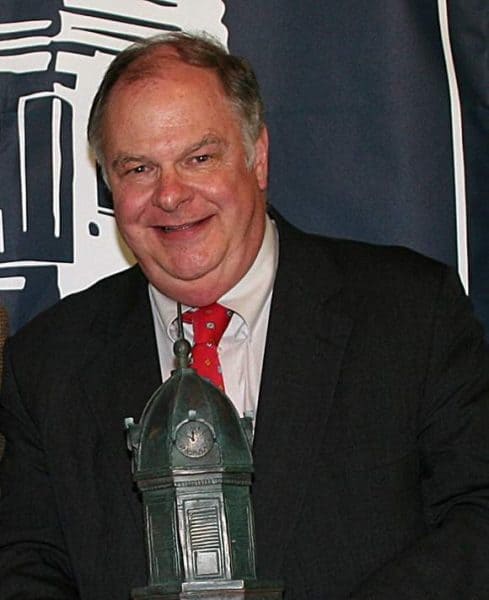UA professor part of $4 million project to address Black Belt wastewater crisis
Alabama’s Black Belt region has a wastewater crisis, and a UA professor wants to help solve it.
March 30, 2021
Mark Elliott, an associate professor of civil, construction and environmental engineering, is part of a project with four other universities that aims to create decentralized wastewater treatment systems for communities in the Black Belt.
The Black Belt, once known for its fertile soil, stretches across central Alabama and now encompasses the poorest counties in the state. More than half of the region’s population is Black — double the statewide percentage.
In the Black Belt, raw sewage discharges into homes and rivers because 90% of the region lacks a functioning sewer system. Septic tanks don’t work because the clay soil doesn’t allow for filtration of water, like a normal septic tank would. Elliott’s project would create a common treatment that acts as a mini sewage system to serve anywhere from 25 to 150 homes at a time.
The project recently received a research grant for more than $4 million from the United States Department of Agriculture. Elliott said he feels optimistic, but the team still needs money to support on-the-ground work. The USDA funding allows the team to “do everything but put a shovel in the ground.”
They submitted a proposal for more than $2 million with Governor Kay Ivey’s office, but could also rely on a partnership with Columbia University. Either way, Elliott said he is confident that demand will build once these systems are in the ground and operating.
“Our main focus going forward is actually going to be installing systems to demonstrate that we can solve this problem,” he said. “We can come up with financial and sustainable solutions for these communities that probably seemed out of reach for a really long time.”
The project will take place over a five-year period and will begin in June or July after being delayed because of COVID-19.
Elliott decided to dedicate his career to addressing the world’s wastewater problems. He initially wanted to focus on developing countries because he knew about extreme water management issues there. After arriving in the South, he changed course.
“Once I moved to Alabama, people told me that I would see things similar to what I saw in Vietnam or Haiti, but I didn’t believe them,” he said. “When I first went down to a little community of trailers that didn’t have any proper waste water management, it was just like being in Mekong Delta, Vietnam during the summer when it’s 95 degrees and smells like sewage everywhere.”
White said the neglect, which can take a toll, is part of a systemic issue caused by the federal government not providing subsidies for poor communities to set up wastewater management systems.
“Most of these rural homes have raw sewage on the ground and that’s a huge public health issue, but it’s also a huge environmental issue,” he said. “Every time it rains, that washes off into the river. When you go to Gulf Shores or Orange Beach, you don’t want to be swimming in that kind of water.”
Another part of the issue stems from lack of economic opportunity. Communities in the Black Belt have populations of 9,000 to 40,000 people and often don’t have grant writers to pursue funding options. The project will also create a “how-to guide” for the cities to connect them with resources. White said he believes this will solve a larger problem in the Black Belt.
“You can’t expect a business or a grocery store or a hotel or a restaurant to locate in an area where you don’t even have a sewer and you don’t have the capability of putting in a septic tank that will work,” he said. “People are just not going to locate there.”
Elliott said many Black communities in Alabama have been neglected in their needs for proper sanitation. He said this project has received public support from Alabama Sen. Richard Shelby and Congresswoman Terri Sewell.
“We have Republicans and Democrats and Black and white communities that are coming together to try and solve this problem,” he said. “I feel really blessed to be able to work on this issue.”
Kevin White, professor and chair of civil, coastal and environmental engineering at the University of South Alabama, is also part of the team trying to improve public health in Black Belt communities.
“Environmental engineering has long been closely tied with public health,” he said. “The things that we do, like providing safe drinking water, can save more lives.”
Mostafa Firouzjaei, a graduate research assistant with UA’s civil, construction and environmental engineering department, stressed the urgency of this work due to contaminants like perfluorooctanesulfonic acid (PFOS) in the water supply. His lab team will make filters to protect against bacteria in the wastewater systems.
“It’s really important because there is wastewater that is contaminated with PFOS which has been proven to have a bad effect on health,” he said. “Just imagine what’s going to happen to the environment and people. As soon as children go to play outside, they’re gonna face these contaminants on the surface.”











